Can you get all the nutrients from our FeelGood Fruit Bites "Beauty & Shape" from your food?
In our pursuit of beauty and well-being, many of us rely on supplements like our Fruit Bites "Beauty & Shape" to ensure we get all the nutrients we need. But what would it mean to consume the same amounts exclusively through food? Let's explore what this might look like.
The challenge of extracting beauty and shape nutrients from food. Please note, however, that the values refer only to this product and represent a different proportion of the average daily requirement.
Here is the daily dose of Beauty & Shape:

Biotin (83 µg): Liver, eggs, oatmeal, soybeans, kale, Brussels sprouts, parsley, mushrooms
- Fruit: 830 g avocado or
- Vegetables: 138 g soybeans or
- Egg yolks: You would need to eat about 5 egg yolks or
- Liver: Approximately 100 g of beef liver would be needed.
Niacin (19.5 mg): is contained in these foods: tuna, chicken, turkey
- Tuna: 230 g tuna steak or
- Turkey: 173 g turkey breast
Pantothenic acid/vitamin B5 (7 mg)) contained in avocados, liver, lobster, mushrooms, lentils, sweet potatoes
- Fruit: Watermelon: 437 g
- Fruit: One whole avocado contains about 1.1 mg, so you would need 6 to 7 pieces
- Vegetables/mushrooms: 260 g
- Shellfish: Lobster: 292 g lobster
- Meat: Chicken liver: 97 g
Thiamine (Vitamin B1): Food: Sunflower seeds, oat flakes, quinoa, pork, wheat germ
- Pork: about 200 g Pork shoulder:
- Sunflower seeds: 97 g shelled sunflower seeds
Vitamin A (425 µg RE ): liver, carrots, sweet potatoes, kale, fish
Carrots, sweet potatoes, pumpkin, red peppers, kale, spinach, lamb's lettuce as well as honeydew melon, apricots and mango contain significant amounts of the provitamin β-carotene
- Fruit: 151 g apricots
- Vegetables: This amount can be covered with 1/3 carrot or
- Vegetables: 32 g sweet potatoes
- Fish: 45 g smoked eel
- Meat: 2.4 g beef liver
Vitamin B6 (2.5 mg) : salmon, liver, avocado, herring, potatoes, walnuts
- Fruit: Vitamin B6 is only present in small amounts in fruit, for example, to obtain the stated value you would have to eat 625 g of passion fruit.
- Vegetables: Vitamin B6 is only present in small amounts in vegetables, for example, to obtain the stated value you would have to eat 892 g of broccoli.
- Salmon: 255 g salmon fillet or
- Meat: 20 g poultry liver
- Walnut: 287 g walnut kernels
Vitamin B12 (4.6 mg): herring, mussels, liver, cheese, sardines
- Fruits/Vegetables: Vitamin B12 is not found in fruits or vegetables.
- Fish: Herring: 54 g Atlantic herring or
- Shellfish: Mussels: 58 g mussels
- Meat: 7.6 g veal liver
Vitamin D (5.6 µg) : salmon, mackerel, mushrooms, fortified milk or sunbathing
- Fruit: not found in fruits or vegetables.
- Vegetables/Mushrooms: 180 g porcini mushrooms or
- Herring: 22 g Atlantic herring or
- Salmon: About 35 g salmon fillet or
- Sun: 5-25 minutes a day between March and October (depending on skin type), leaving ¼ of the skin uncovered. Lighter skin types reach their required natural synthesis more quickly.
Vitamin E (15.5 mg α-TE): wheat germ oil, sunflower seeds, almonds, spinach
- Almonds: 61 g almonds (sweet).
- Vegetable oil: 8.4 g wheat germ oil
Iron (2.1 mg): Oatmeal, lentils, spinach, meat, especially liver and kidney, mushrooms, red fruits, fish, oysters
- Fruit: 233 g blackberries or 131 g elderberries or
- Vegetables: 51 g spinach, raw or
- Fish: 190 g herring (Atlantic herring) or 36 g oysters or
- Meat: 19 g beef kidney or 14 g roast beef or
- Crispbread: 45 g crispbread
Iodine (87 µg): Seaweed, yogurt, cod, brocolli
- Fruit: Iodine is found only in small amounts in fruit, for example, you would have to eat 1.7 kg of cranberries or
- Vegetables: 580 g broccoli or
- Fish: Cod (Had) 38 g or
- Fish: 64 g haddock
Copper 0.15 mg Beef liver, cocoa, oysters, rosehips, Emmental cheese, olives, pulses, mushrooms
- Fruit: 55 g olives
- Vegetables/Mushrooms: 17 g oyster mushrooms
- Cocoa fruit: 4 g cocoa powder or
- Emmentaler: 10 g Emmentaler, 45% fat:
Zinc (1.5 mg): oysters, liver, turkey, various fish, mussels, caviar, cereals, pumpkin seeds, soybeans, lentils, cheese, passion fruit
- Fruit: 230 g passion fruit or
- Vegetables: 243 g raw spinach
- Shellfish: 7 g oysters or
- Meat: 18 g veal liver or
- Cheese: 28 g Edam, 30% fat
- Nuts: 21 g pumpkin seeds
All calculations are based on the values of the “The big GU nutritional value calorie table”.
What does this mean for your everyday life?
These amounts illustrate how difficult it can be to consume sufficient amounts of certain vitamins and minerals daily through food alone, especially if you have a busy lifestyle or specific dietary preferences or restrictions. The required food amounts can also be calorically significant, which can complicate meal planning.
Why dietary supplements like Beauty & Shape offer a practical solution
Dietary supplements are not a substitute for a healthy diet, but they can be an effective way to ensure your body gets the nutrients it needs to function optimally. Beauty & Shape is a convenient, efficient, and reliable way to supplement your daily nutrient intake, especially on days when time is short or your diet isn't ideal.
Conclusion
While a nutritious and varied diet forms the basis for health and well-being, the examples above demonstrate that dietary supplements can be a valuable and convenient addition. They help fill nutrient gaps and support your body in staying at its best without you having to worry about the complex details of food composition.

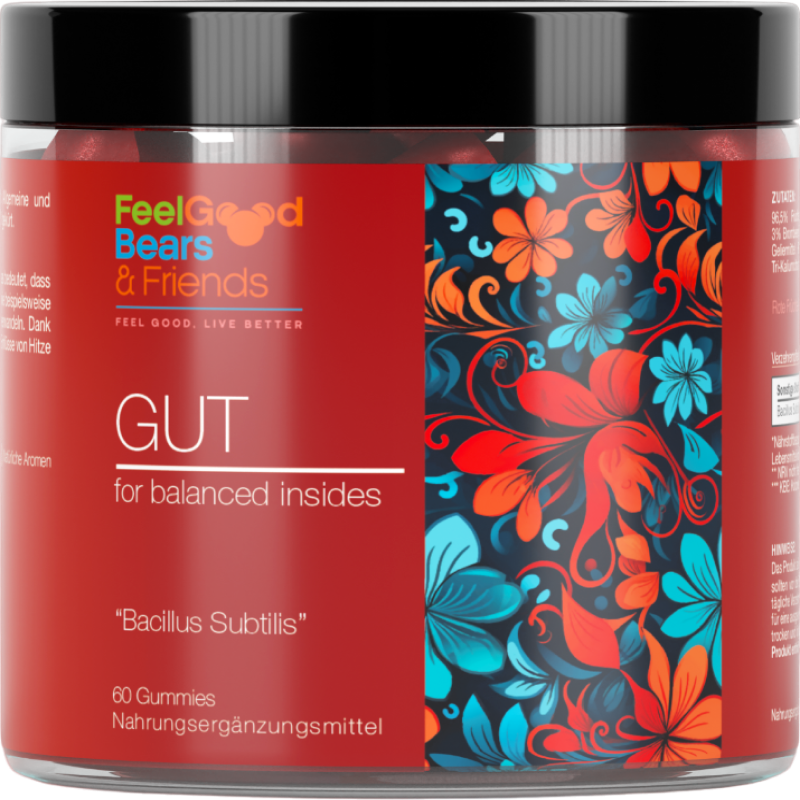
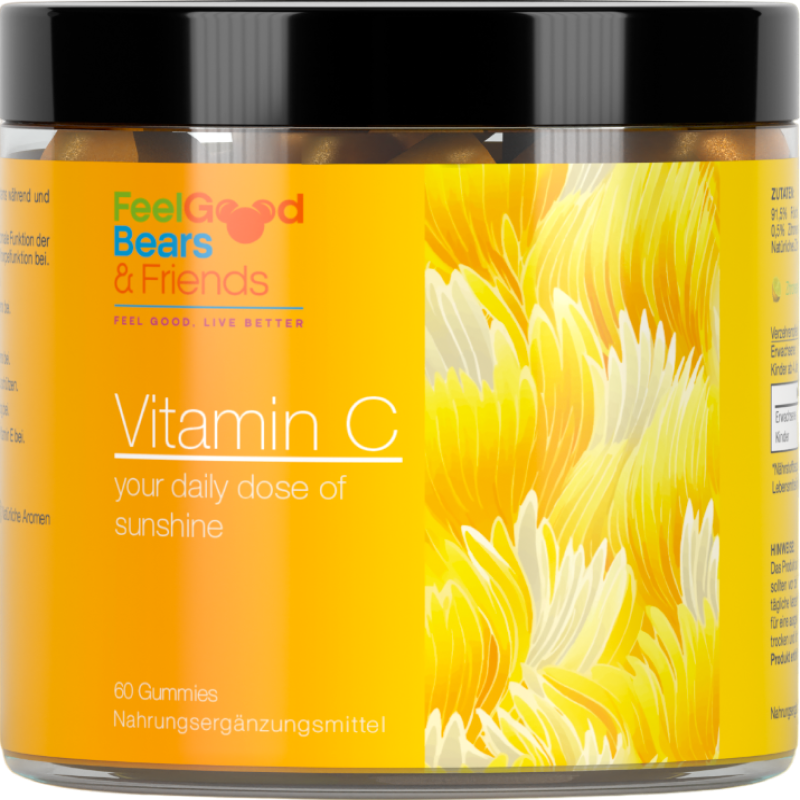
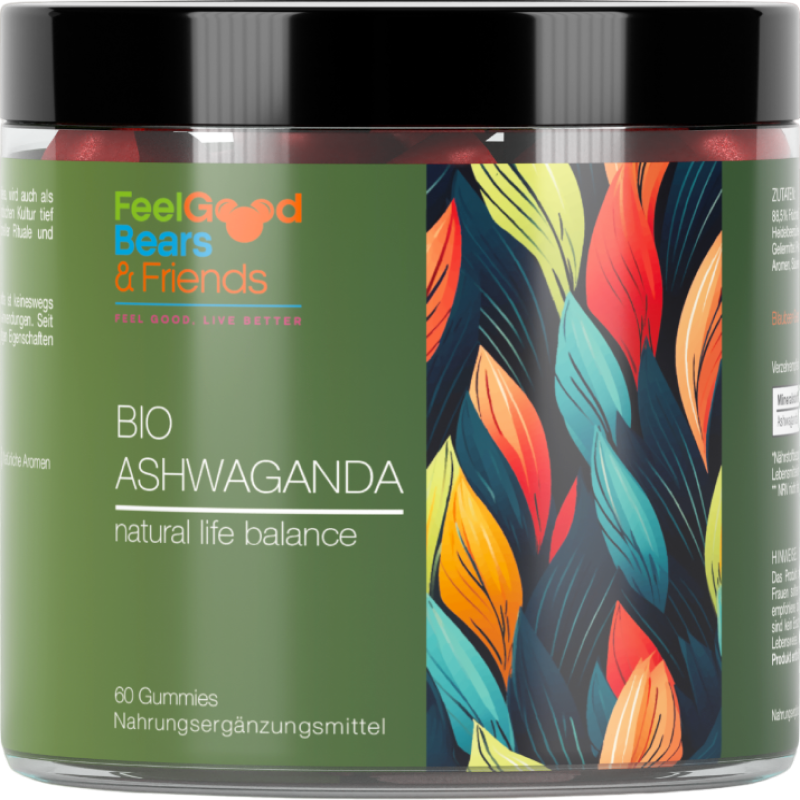
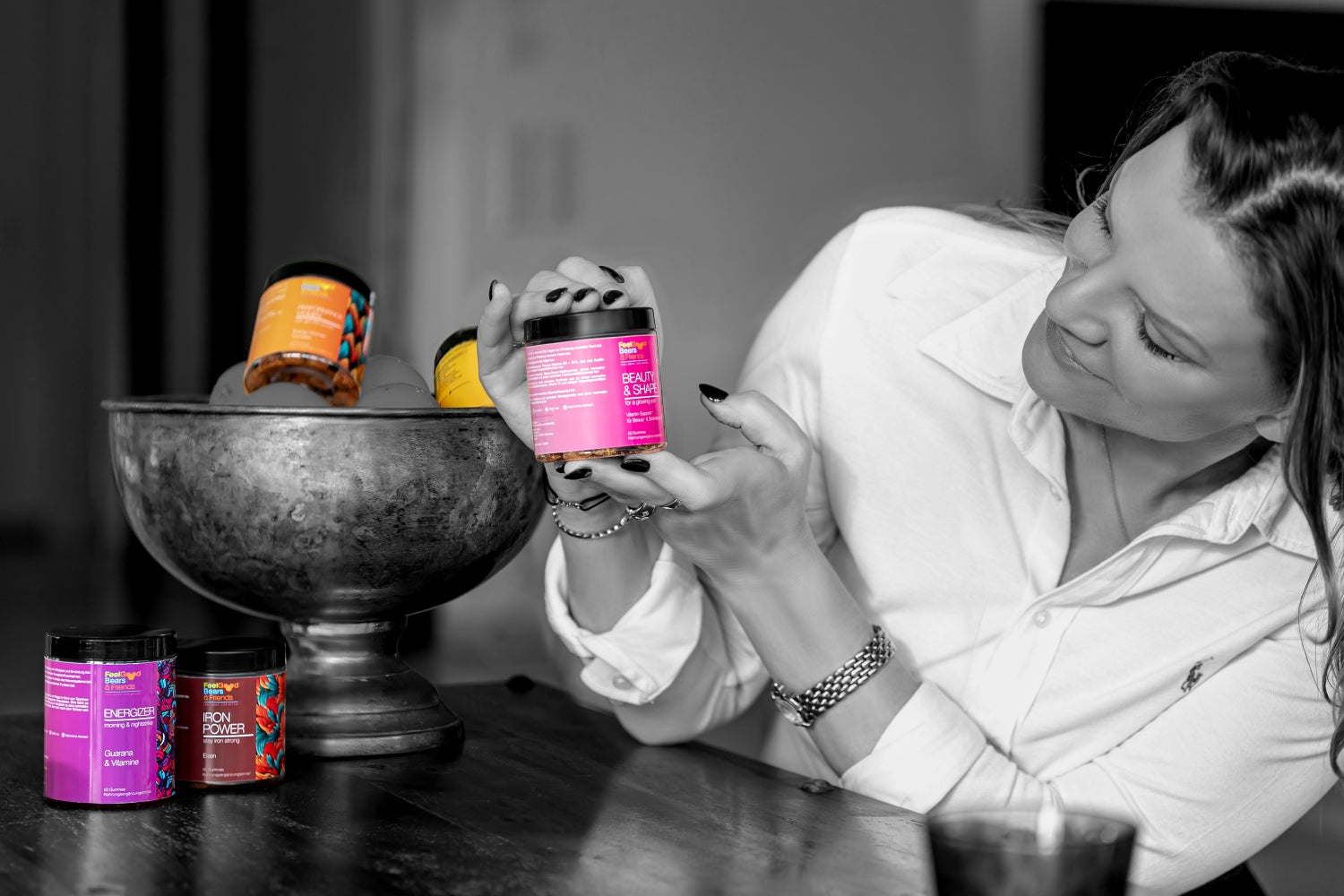
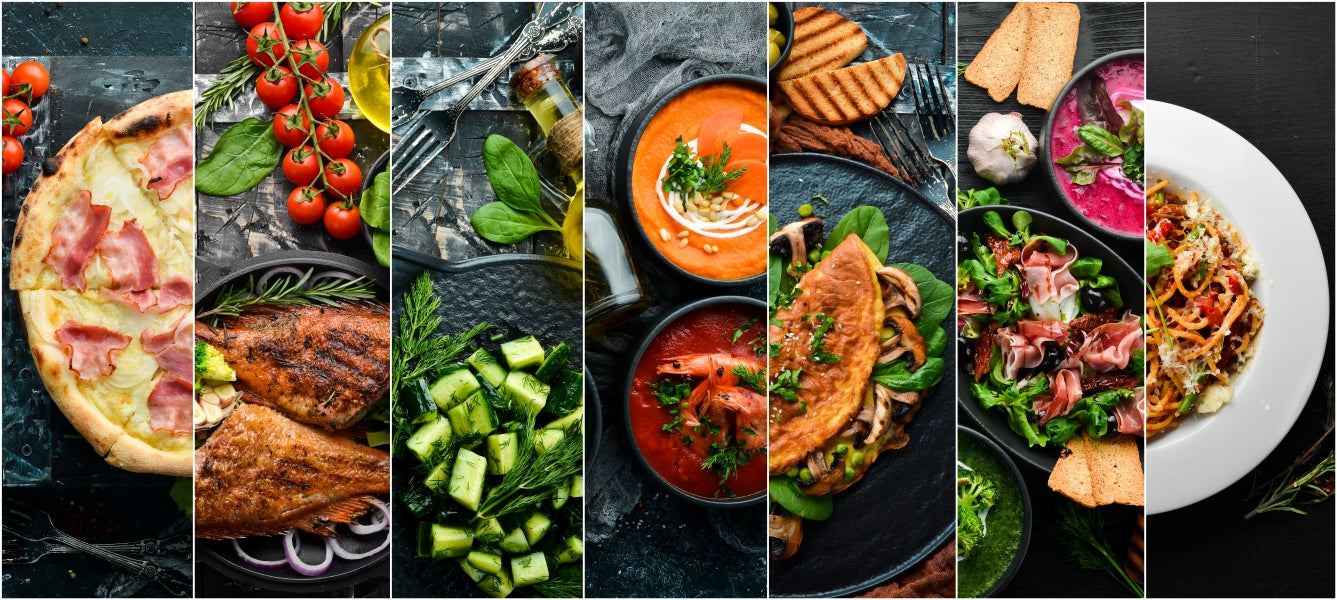


Leave a comment
This site is protected by hCaptcha and the hCaptcha Privacy Policy and Terms of Service apply.